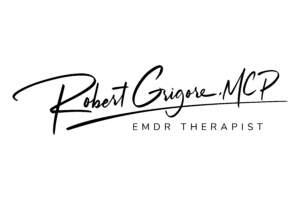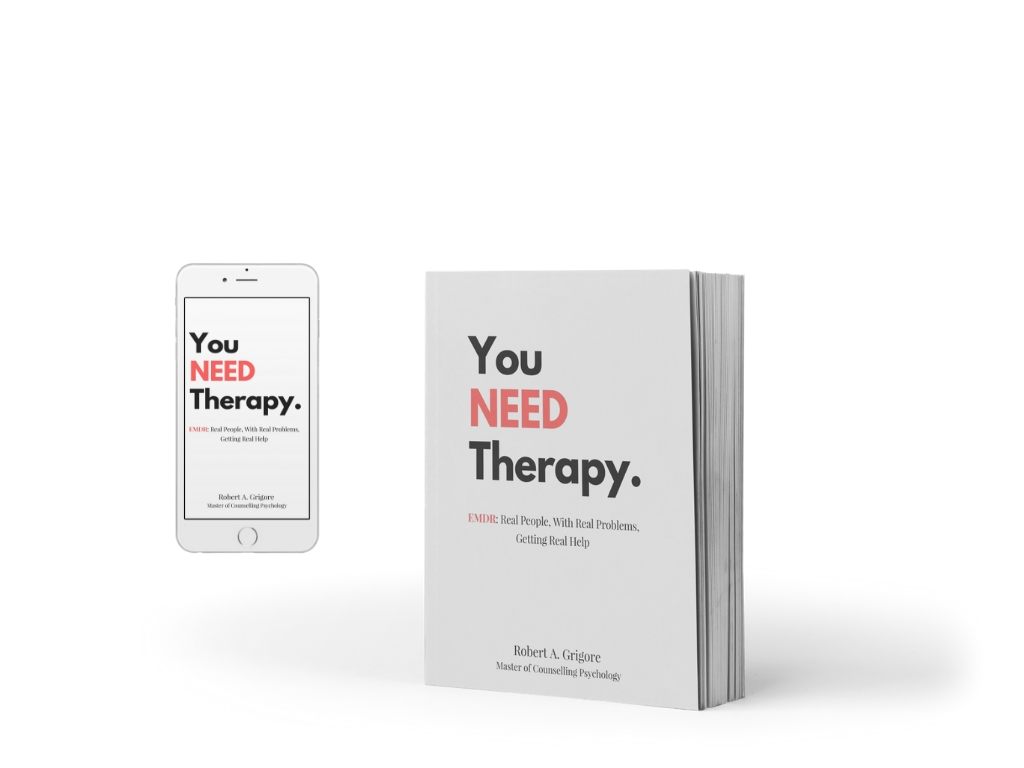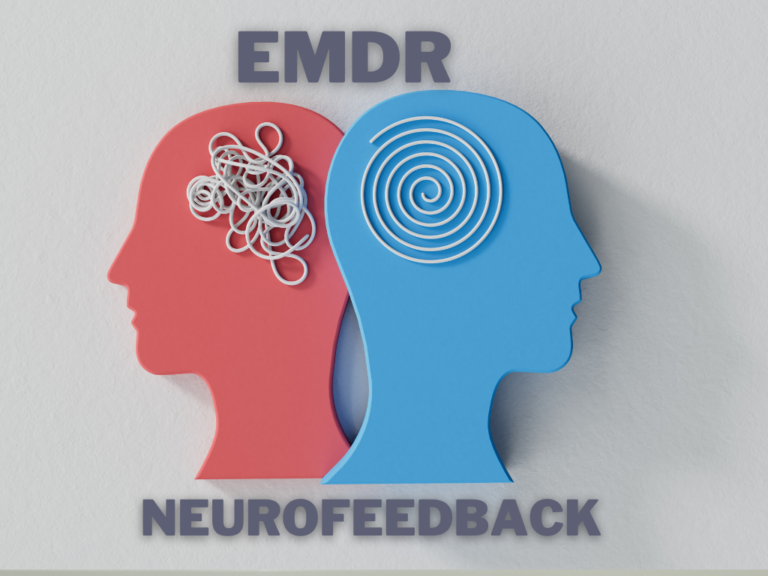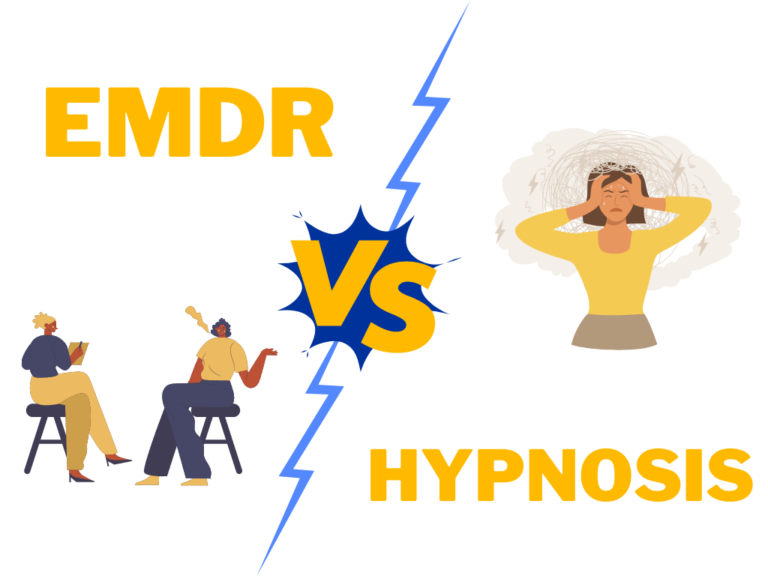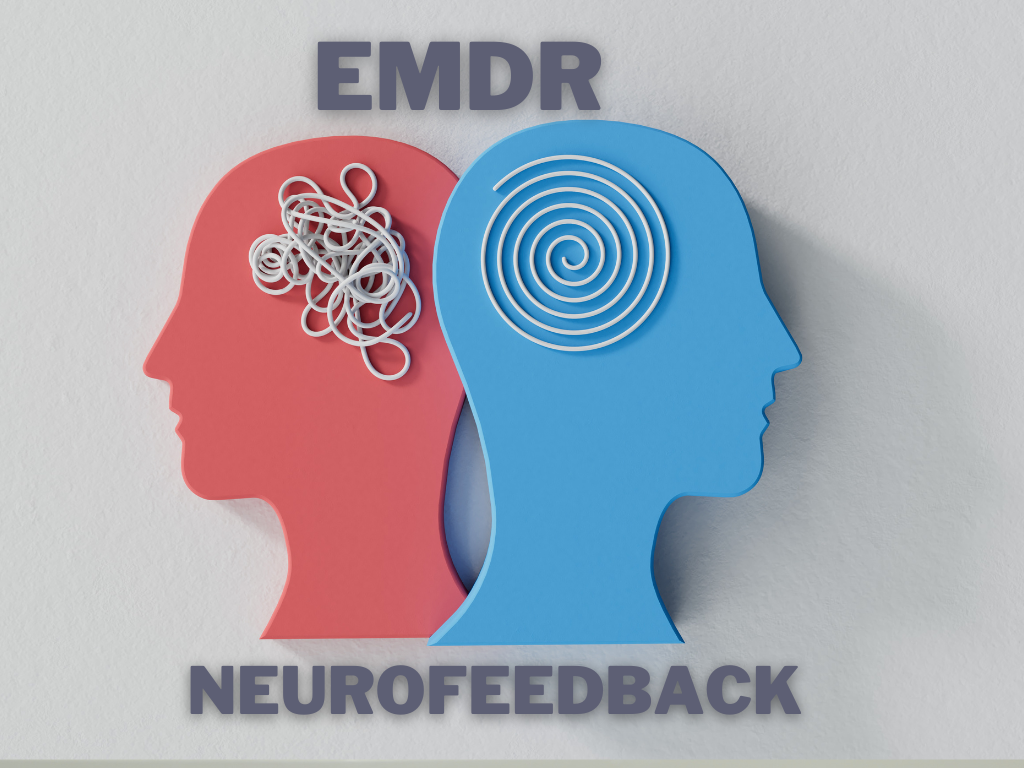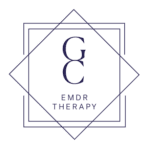Do you believe in “ghosts?” I do. I believe in not only the presence of spiritual energies left by those who have not fully “moved on,” but also of the traumatic residues that remain long after a significant life event has objectively ended. Subjectively of course, that life event endures as “unfinished” business.
My definition of “trauma” allows for much more room than the average Psychology textbook, or “diagnostic label.” What I’m talking about, is anything that has been experienced by an individual which has not been fully integrated, and has not contributed to a much more expansive genesis of meaning. That’s right: anything. If you can’t make sense of a feeling you’re experiencing, or you can’t stop picturing the look your aunt gave you when you dropped the casserole (and it’s been years since then), or you keep hearing the door slam after your significant other has left you, odds are, it has become traumatic.
These “unfinished experiences” remain imprinted upon our unconsciousness and we begin to formulate personal meaning out of them. We carry around messages we created (or were forced in some way to adopt), which say “I’m unlovable,” “I’m stupid,” “I’m not important,” “I deserve to be punished,” and on, and on, and on, like we are haunted by the ghost of that trauma’s past. Some of us have experienced such devastation that looking in the mirror at our own reflection, is as if we are looking into a body without a soul, or one that is possessed. Neither you, nor the trauma can move on. What are you to do?
An idea popped into my head months after working with a gifted client who was diagnosed in his early life as “schizophrenic.” Having worked with a few individuals suffering from schizophrenia in my past, I questioned the current validity of his diagnosis. I can go on, and on about the horror stories I’ve heard, and witnessed about the dangers of over-diagnosing, and misdiagnosing—and am not so ignorant as to assume that untreated mental illness is somehow better than receiving treatment…but I digress. There were countless stories and examples this individual shared with me that instantly brought up that feeling I get when I’m in the presence of an omen unfolding before my eyes. I would find myself in our first sessions, attempting to categorize his experience as visual or auditory hallucinations, but eventually beginning to allow myself to open to the possibility that I was perhaps in the presence of a man with a gift—a gift he desperately at one point in his life, refused to accept. But there was a sense of authenticity to his words, a calmness which crept over me when he described something beautiful, and consequently, shivers when he described something downright creepy.
This man (let’s call him Willis) was being haunted by the ghosts of some very disturbing early childhood experiences, ones that I have no problem calling “satanic” and “evil.” Some could say that the ghosts were really just figments of his mind, and he developed them to represent aspects of unintegrated trauma. Sure, but regardless of what they “truly” were, I choose now, to concede in calling them “ghosts.” I had Willis follow some safe suggestions, and afterwards, I’m happy to report that he is no longer haunted by those “evils.”
What were the suggestions, you ask? I suggested he simply write a letter to that ghost, in essence, opening up a line of communication. After doing so, he was able to separate that trauma from himself—from his identity—and purge his thoughts and his beliefs of that energy and take back his personal power. When I last saw Willis, his life had completely changed for the better.
That idea had stuck with me, and I’ve begun to notice ways to implement that same concept with my own life. (It’s a wonderful thing to recognize that wisdom and learning goes both ways in the counselling session!)
Since I was a youngster, I often struggled with my weight, experienced bullying as a result, and have been on diet, after diet, after diet. I realized early that those bullies didn’t really not like me, they were stuck in their own crises and I was a target…a big target! But I just couldn’t let go of the haunted feeling I’d get when I looked in the mirror while getting changed, and would notice a bit of extra size packed onto my belly, or when a shirt didn’t quite fit right. What I was really seeing was not my displeasure with my weight gain (or the senseless sensationalism of unrealistic advertisement, and public misconception of what “sexy looks like”), but my memory of the traumatic experiences I never integrated as a kid. My bullies were still bullying me.
Here is what I’ve gotten in the habit of doing: each time I notice myself having a reaction to my weight (whether it’s the clothes not fitting, my eyes focusing on my love handles, or the weight scale laughing at me), I take a moment to breathe, and acknowledge that message of “I’m not good enough,” as a ghost of my trauma’s past. That allows me to separate my character, my identity, from shame, and to actually create a space where I can cultivate new emotions.
Try it for yourself. Why not give it a whirl? I suggest the following steps:
STOP and Notice
This is arguably the toughest of all the stages. But hey, get it out of the way right? Here you are forced to begin the process of making a change for the better. You need to recognize the path your thoughts and emotions are taking you on, and make the choice to influence their trajectory. That’s right—notice when you are being haunted by something other than joy, confidence, and love. What is it? Where is it coming from? Can you identify a face or a message that you can associate with your negative emotion?
Address the Sender
Acknowledge that “ghost” of your trauma’s past. Say hello to it, try your best to be neutral with your energy towards it. It might help to literally say, “Hello ______ (enter name).” In this way, you begin to step outside of the “haunted realm,” and create some distance between you and the “ghost.” It’s like you are in essence drawing a sacred circle around yourself, and saying to the trauma, “You are welcome to be in the room, but not inside this circle.”
Communicate with the Undead
I’m not trying to be overly dramatic here, but in a very real way, that particular trauma, is still existing as a shadow of a past event. Even though we can truthfully agree that the physical event is over, the ghostly residue remains about as alive as it ever was. This is why after acknowledging the “ghost,” you must begin to dialogue with it. I’m not saying to sit down and share a cup of tea with it (hey, if that works for you, I’d love to hear about it!), but most ghosts—from my understanding of them—remain present because they need something. This is the part where you are required to spend a little “quality time” with your “Casper.” Ok, so it might not be friendly, but it’s there right? What does your “ghost” need? What is it trying to say to you? What does it need finished? Here’s a hint: It most likely is in the next step…
Help your Ghost Cross Over
Yeah, this might be harder than the first step. But hopefully by now, you’ve developed a kind of relationship with your “ghost” that allows for both of you to exist with a little bit of a “live and let live” philosophy. You don’t need to like each other, but here’s the kicker: you have to help it leave you, and this requires an act of love.
You might be reading this, wondering if you are reading this right. Yes, you are. I really am suggesting that eventually, after you’ve learned to separate your “ghost” from you (your identity), and after you’ve created space between the both of you through active communication and acknowledgement, you must choose to either: help it complete its process, or to remain in conflict with it. You’ve begun to spend a bit of time with your “ghost” so that you’ve likely come to an understanding that it is not simply haunting you for no reason, but that it has been trapped within the walls of your mind—unable to cross over, because something was not complete.
Here is where you begin to address your “ghost” with a little compassion. I recommend that all further communication (to the best of your abilities) with your “ghost” is done with softness, kindness, compassion, and acceptance (this means to be non-judgmental that it is there, not in condoning the original traumatic event as “acceptable”). It’s almost as if you might begin to speak with it like it were a young child.
An example might be: “Hey my little bully ghost. I see you there. I notice you are scared at the moment. You are saying something to me, which I understand you have your reasons for doing so. I don’t agree with you that I am unacceptable, or ugly. Is that maybe how you feel right now? I want you to know that it’s OK to be scared sometimes. It’s OK to feel angry, or to feel ugly. You are safe where you are. I am here if you want to talk, but I don’t allow myself to be treated with disrespect. That’s not OK with me. I will be waiting for you to have a peaceful conversation, when you are ready. Until then, you will be over there, and I will be over here.”
Such a conversation as the one begun above, admittedly takes some time to master—especially with complex trauma (such as childhood abuse). If you decide to give these suggestions a shot on your own, and if you are voicing your communication aloud in the presence of other people, you can say you heard this from me, and save yourself the awkward statement: “I’m just talking to my ghosts…I’ll be right with you.” Hopefully, you may notice the energy in which you experience the “haunting” will eventually diminish, until you can now feel in control of the trauma, rather than you being controlled by it.
Honouring the Departed
This is a critical, and final step. Hopefully, after following the previous steps you will no longer feel haunted by “the ghosts of your trauma’s past.” But with every loss, we must grieve. We spend much time in funerals and conducting rituals of mourning when we lose people we love, or who influenced our lives for the better. Sometimes that grieving takes the form of a Celebration of Life, sometimes we honour the departed with quiet contemplation in a meaningful location. Whatever it is that works for you, will be specific to you—the important thing is that it is meaningful.
It is important to recognize that all loss (that we consider as good or bad) creates a void—one that must be filled with something else. You’ve begun to create the space between you and your “ghosts,” and after they no longer haunt you, you will likely experience an “openness.” This feeling can be jarring—especially if healing occurred quickly. I recommend that you perform a ritual that will help you to generate meaning out of the loss of your “trauma’s ghosts,” and develop an action or create purpose which provides you with a sense of closure and growth.
Some examples might be to write the departed a letter (truthful and from the heart), to volunteer in helping others who have experienced (or are experiencing) similar “ghosts,” or to devote some of your time to pursuing action directly corresponding to the negative belief you associated with your “ghost.”
If that doesn’t work, there’s always Ghostbusters.
______________________________
Please share if you liked this post!
I look forward to hearing from you, either with comments or by email.
With care and respect,




